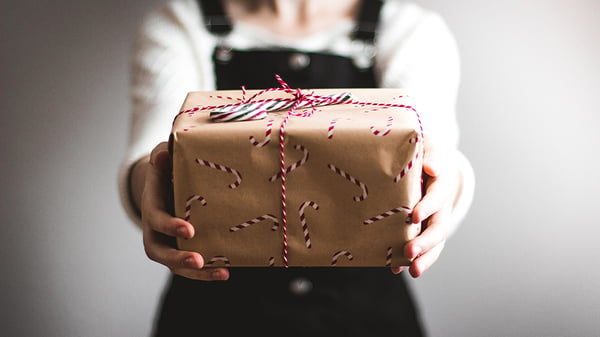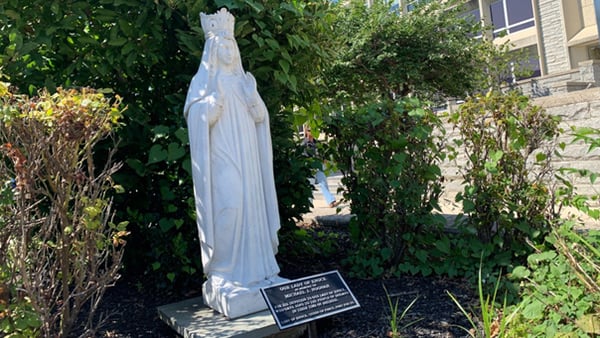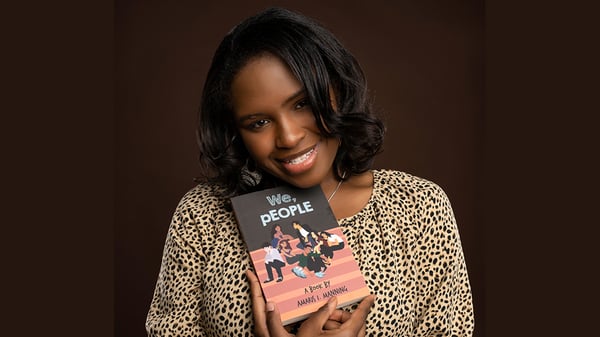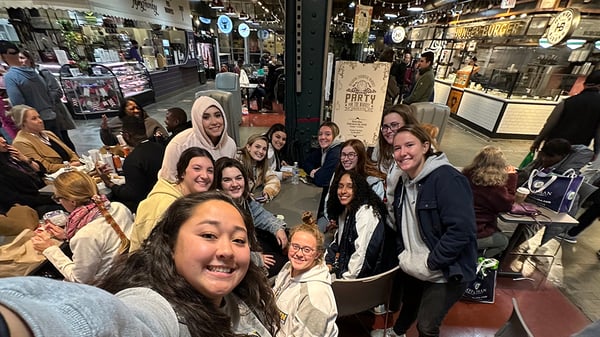Many college students, whether working or not, often struggle financially. With the holiday season...
Finding interconnection in unexpected places
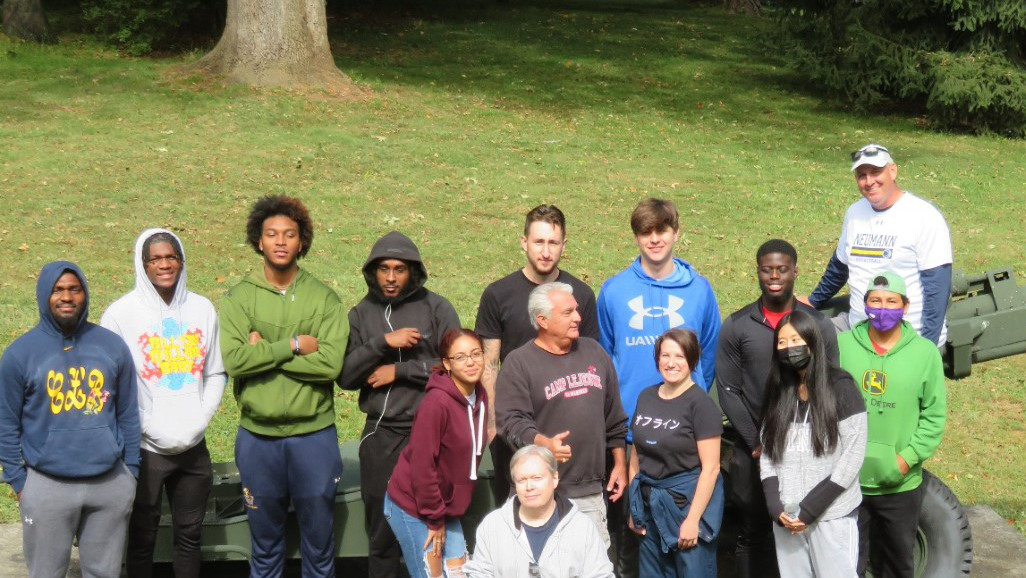
According to the UN sustainable development goals website “Human activity has altered almost 75% of the earth’s surface, squeezing wildlife and nature into an ever-smaller corner of the planet and increasing risks of zoonotic diseases like COVID-19.” A zoonotic disease is one that is transmitted between animals to humans or humans to animals, such as COVID-19.
“In COVID-19, the planet has delivered its strongest warning to date that humanity must change” said UNEO Executive Director Inger Andersen. COVID-19 has left a significant mark on us that has changed so many lives. People don’t often think about these things, or even care about these things, until it affects them personally in some way. The only way we can get people to care is if they experience it for themselves. Without care, there will be no conscious change, and therefore, the planet will go on suffering, and, in turn, we will suffer. Everything we do to the planet has a huge impact, maybe not now, but sooner or later we will have to pay for the destruction inflicted on Mother Nature.
So, what can we do about it? I ask myself this question and it feels overwhelming. But the least I can do is try to make some small difference in my own world. I looked for somewhere to start and found that Neumann provides opportunities for community service.
I volunteered to pick up trash at the Marine Corps League Detachment #288. They are a veterans organization dedicated to preserving the traditions of the United States Marine Corps. And their property needed a clean-up. I raked leaves, picked up trash, cleaned the benches and tables outside off, and wiped down counters and tables inside the building. I know what you’re thinking, “what does cleaning a veteran’s organization have to do with saving the planet?” Well, doing this work is important because it shows that you don’t have to do big things to make a change, the small changes matter too.
As I was cleaning off the wooden benches, I thought to myself how nature provides us with everything we need, such as the wood from trees that was used to make the benches and tables. Then I thought how it’s not limited to just wood, but many other things as well, such as glass made from sand, and the cotton that’s in our clothes. This got me thinking about the readings in my Nature Writing class, and about Aldo Leopold, a conservationist, philosopher, educator, and outdoor enthusiast. His most famous book “A Sand County Almanac,” introduces a concept called “land ethics,” which states how “members of a community should treat one another with respect for the mutual benefit of all.” “Community” referring to not just humans, but every part of the Earth including the soil, water, plants, and animals. We are all interconnected. We need to learn to coexist with nature because we depend on it for survival. Human lives are ephemeral, we are here and then we are not, but nature is forever. Nature has been around since the beginning of time and it never dies, it just adapts. We as humans, must learn to adapt with Mother Nature, so in turn we can ensure our survival as a species.
And this made me think about Africa’s Super Lions. There is a river in Africa where the Okavango River meets the Kalahari Desert, thus forming the Okavango Delta. The Okavango Delta is crucial to the survival of the wildlife there because it provides food and water. Years ago, a group of lions got stuck on an island when a river changed course and isolated them from the mainland. Being marooned on this island, the lions should have all died. However, through an evolutionary twist, the lions learned to survive there. Instead of avoiding the water, like lions usually do, they learned to swim through the flooded wetlands. They also learned to hunt the only prey that was abundant in that area at the time, the Cape Buffalo. Normally, lions won’t hunt these buffalo because they are extremely dangerous and deadly to hunt. The lion will only resort to this as one of its last options, which at this point proves to be the last resort. Instead of hunting at night, like lions usually do, these stranded lions adapted to hunting during the day, when most of these buffalos were present. With successful hunting and lots of protein packed meals, these lions have grown extremely muscular, powerful, and ferocious. Through adapting to their surroundings and the innate need to survive, these lions have defied all odds and reached “Super Lion” status. This example of Darwin’s principle of natural selection, shows that life on the planet thrives through small adaptations over time.
Just as a tree sheds its leaves every fall to stay alive, or the tiny patch of grass grows up between the crevices of the concrete pavement, or the Okavango Super Lions adapt, nature will always find a way. So, will we humans also learn to find a way?
There’s a story by Loren Eiseley about a “Star-thrower” – a young man who goes to the beach each morning and, one by one, throws the starfish who have been deposited there by the tides back into the sea to survive. The narrator notes the enormous number of starfish and the impossibility of saving them all and asks why he does it. “You can’t possibly save them all.” He says. And the young man tosses another back into the sea – “Well, I can save that one.” This is our role, to save the lives we can save.
I learned that we can and must all make slight changes in our behaviors because eventually they will add up to big changes over time, but we must start now before it’s too late.
Small changes can include:
- not littering
- reducing plastic use, such as using reusable water bottles or coffee cups, and reusable bags
- using a water saving shower head
- going paperless
- recycling
- switching to energy efficient light bulbs
- riding bikes, using public transit, or walking
- creating less trash
- quitting smoking
- using solar energy
- and participating in community service opportunities
This is how we save the planet.
If you’re interested in making some small, yet impactful changes. Here is a list of some local resources that are available.


